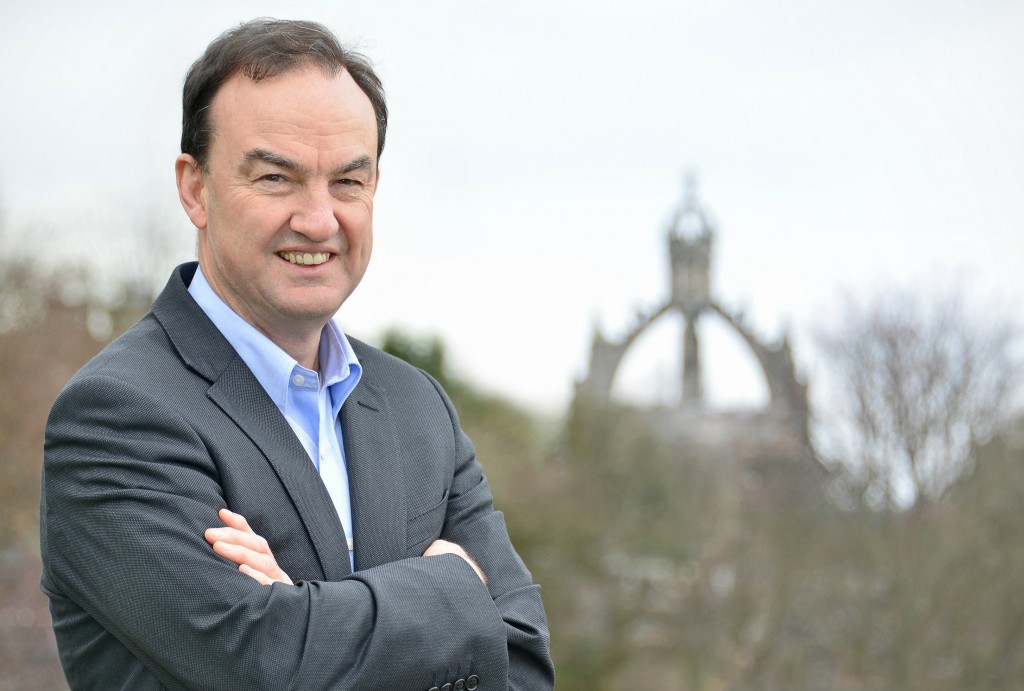
An Aberdeen-based energy expert said yesterday that he doesn’t believe the standoff between Total bosses and workers will be easily resolved.
John Scrimgeour, director of the Energy Institute at Aberdeen University, said that he has “doubts” about both sides’ ability to reach a common ground on the issue, but that the industry’s future could depend on it.
He said: “I doubt they’re going to find a resolution that makes everyone happy. It’s a difficult situation with rights and wrongs on both sides. But the issue is very important to both and that’s why it’s led to a strike.”
The row centres on a wage review outlined by Total and concerns that it may force workers to increase offshore working time from two weeks on, three weeks off (2/3) to three on, three off (3/3).
Mr Scrimgeour said that he can see arguments on both sides, but that intermittent disputes don’t benefit the basin.
He said: “It’s a very serious issue. It’s basically the future of the offshore rota or, from Total’s side, if they can’t find a way to work more efficiently then that might mean shutting down production earlier.
“I would argue that the three on, three off has some advantages on your pattern and who you’re working with, you’re always with the same crew. I’m just putting up the arguments; I’m not saying which one is better. You also hear people saying that three weeks is too long to be offshore.
“One thing that is definitely true is that we’re past the time where we think that all oil will be produced, we now know that some of it will be left in the ground. So we know we’ll be competing with other basins across the world. If we don’t get our costs down then we’ll be losing production that will be produced elsewhere. Total and others will be looking to remain as competitive as they can.”
As workers are due to continue strikes on August 6 and August 20 with the 12 hour stoppages starting at 12.00 hours on July 30 and August 13, Mr Scrimgeour said that if cost reduction isn’t implemented the argument may turn out to be academic for the North Sea.
He said: “The industry needs long-term to start reducing its costs and working smarter. A change of rota would start by reducing their helicopter costs and it probably means Total gets more days out of workers.”
Recommended for you
